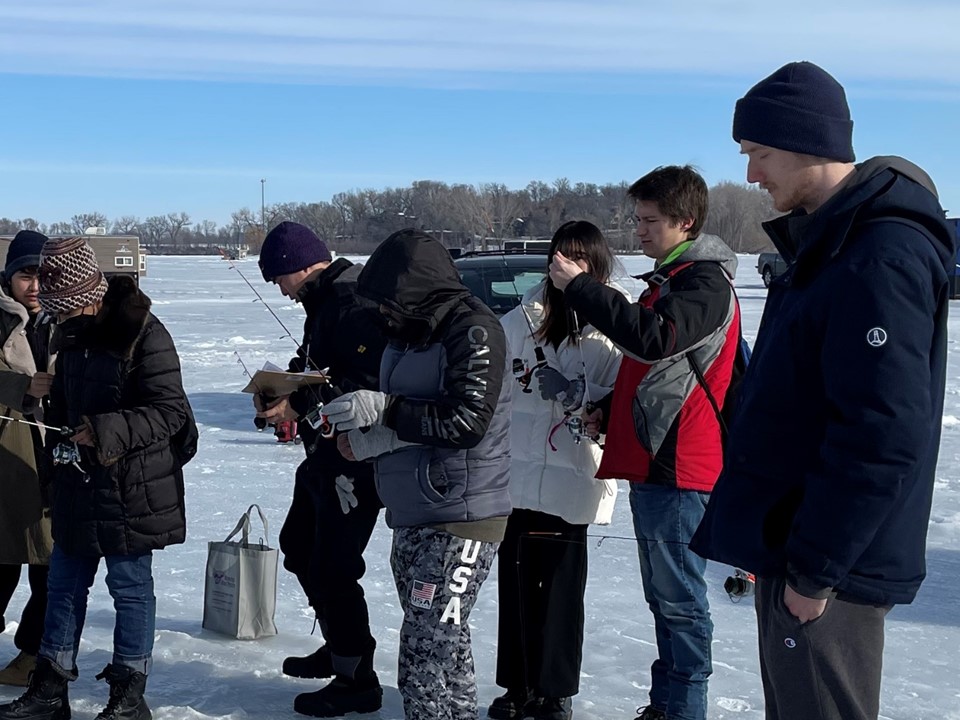Deciphering the Defining Features of Experiential Learning A mix of personal experience and sustained scholarship suggests a new framing.
Main Article Content
Abstract
This paper addresses the call for submissions to provide greater clarity on the defining features of experiential learning. This definition is accomplished with a critical review of literature relevant to experiential learning and reflection on the findings of a mixed method investigation exploring the defining features, canonical works, and theoretical foundations of experiential education occurring in natural settings. Postulations on experiential learning can be organized by foundational literature (ranging from Plato to Dewey) and definitional literature (formation of professional societies, research, & definitions). The sequential qual, qual mixed method study, which gained the perspectives of experiential education experts and practitioners, found the knowledge base to be broad and eclectic. Furthermore, personal experience was found to be valued as a primary source of knowledge and understanding of experiential learning. The following defining features were extracted from this investigation: personal experience, existential engagement, agency, fluid affordances, flexible pedagogy, empirical and conceptual ways of knowing, freedom, and precision. In addition to these new insights on experiential education, this study offers a research methodology that may be useful for gaining greater clarification about how experiential learning occurs within higher education settings and implemented more equitably.

